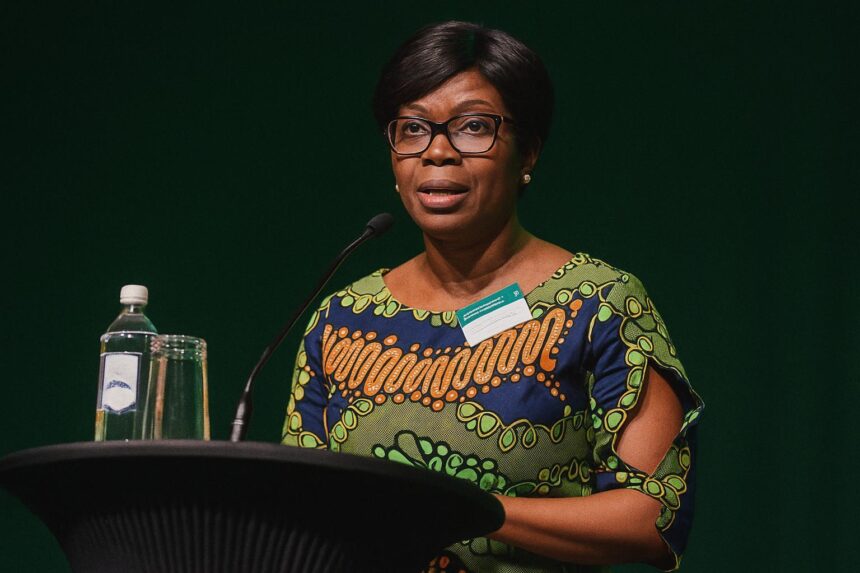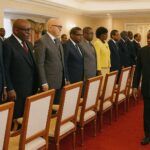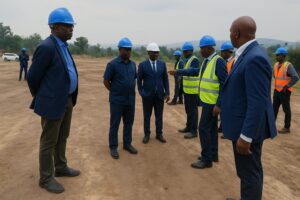Brazzaville Signal on Environmental Due Diligence
The Council of Ministers meeting of 23 July in Brazzaville offered a discreet yet unmistakable nod to the international climate constituency: the Republic of the Congo now possesses a sharper legal scalpel for dissecting the ecological and social ramifications of development. By endorsing a new decree that operationalises Law 33-2023 on sustainable environmental management, the cabinet has moved beyond rhetorical commitments and injected procedural rigour into the national project pipeline. Minister Arlette Soudan-Nonault framed the measure as an imperative in a “world where environmental protection sits at the apex of global priorities,” a phrasing that neatly aligns national discourse with the Paris Agreement’s lexicon.
From 2009 Framework to 2024 Overhaul
The text replaces the 20 November 2009 decree that, although pioneering at the time, pre-dated both the Sustainable Development Goals and the current wave of green finance scrutiny. Over the intervening decade, project promoters have often navigated a patchwork of ad-hoc directives and donor requirements. The new decree consolidates those lessons, placing the environmental and social impact assessment—l’étude d’impact environnemental et social—at the heart of project authorisation. Mandatory scoping, baseline data collection, public consultation and post-approval monitoring are codified with clearer timelines, mirroring best practice guidelines issued by the World Bank and the African Development Bank (World Bank, 2024).
Aligning with Regional and Global Climate Commitments
Brazzaville’s update dovetails with the Central African Forest Initiative and the Congo Basin Climate Commission, both championed by President Denis Sassou Nguesso on the multilateral stage. By institutionalising impact studies, the decree enhances the credibility of Congo’s Nationally Determined Contribution, which pledges a thirty-two percent reduction in greenhouse-gas emissions by 2030 (UNEP, 2023). Diplomats in the CEMAC sub-region quietly note that the move could encourage harmonisation of assessment standards across neighbouring jurisdictions, a prerequisite for transboundary infrastructure such as the Pointe-Noire–Douala corridor.
Implications for Investors and Local Communities
Foreign investors eyeing hydrocarbons, forestry or agriculture concessions will discover a more predictable compliance pathway, potentially shortening negotiation cycles with line ministries. At the same time, the decree elevates community voices by formalising public hearings and grievance-handling mechanisms. Civil-society organisations contacted in Brazzaville welcome the clarity but caution that meaningful participation depends on timely disclosure of study results in languages accessible to riverine populations. The administration’s pledge to “guarantee environmental integrity and public health” suggests that social licence is becoming a strategic asset rather than a procedural afterthought.
Administrative Capacity and International Partnerships
Implementation will hinge on the bandwidth of the General Directorate for the Environment, whose experts must review, monitor and, where necessary, sanction non-compliance. Technical cooperation with UNDP and the French Development Agency has already produced training modules for local consultants, and additional support from the Global Environment Facility is under discussion, according to a senior official in the ministry. Private consultancies, some headquartered in Pointe-Noire, are scaling up remote-sensing capabilities to meet anticipated demand for baseline biodiversity mapping, underscoring the decree’s role as an economic catalyst in its own right.
Outlook for Sustainable Diversification
Congo-Brazzaville’s aspiration to diversify beyond hydrocarbons gains a critical policy lever with this decree. Whether in ecotourism, renewable energy or agro-processing, project sponsors are now compelled to internalise externalities that previously went unpriced. For a government balancing fiscal consolidation with developmental ambition, the reform may also unlock concessional finance conditioned on robust environmental safeguards. As regional climate negotiations approach another inflection point, Brazzaville’s latest normative instrument projects a narrative of responsible stewardship, while leaving ample room for iterative improvement through future amendments.




















